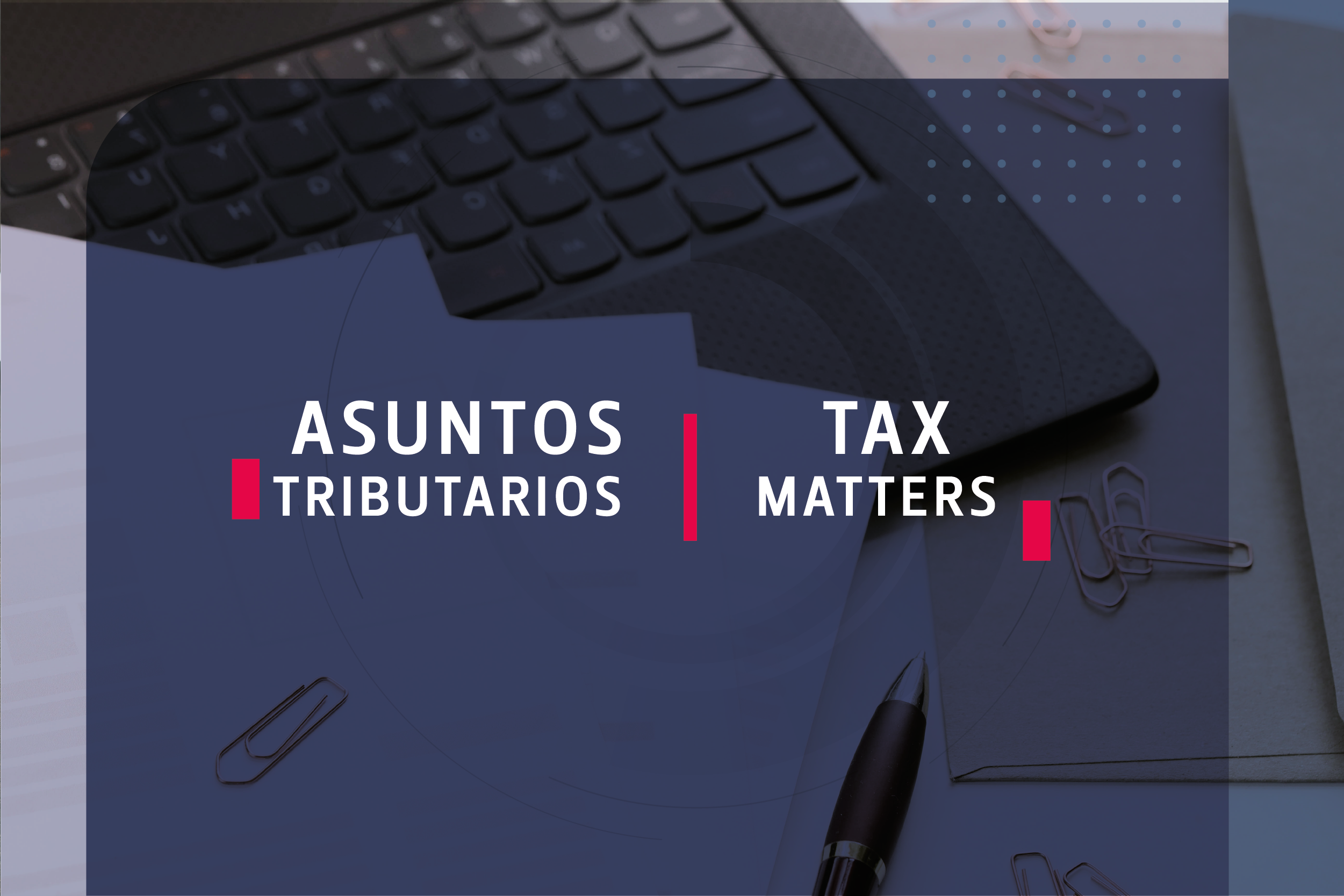
From a tax standpoint, companies incorporated in Colombia must comply with a series of substantial and formal obligations depending on the particular situation and characteristics of the corporate entity. For purposes of this letter, we call your attention of the following:
1. Transfer pricing regime. According to the Colombian transfer pricing regime, taxpayers that carry out controlled transactions with foreign related parties or related parties located in Colombian free trade zones, must file a transfer pricing return if (i) gross equity (i.e., total assets) for FY 2020 is equal to or greater than COP$3,560,700,000 (close to US$1,041,340), or (ii) gross income for FY 2020 is equal to or greater than COP$2,172,027,000 (close to US$637,700.49). Likewise, these taxpayers will have to file supporting documentation, composed of Local File and Master File, provided that they meet the abovementioned requirements for being under the obligation to file a transfer pricing return and, during FY 2020, they carried out transactions of the same kind that are equal to or greater than COP$1,602,315,000 (close to US$470,434.79). The due dates to file the transfer pricing return and supporting documentation for FY 2020 expire in July, 2021.
Note that income taxpayers that carry out transactions with persons, companies or entities located or domiciled in non-cooperative and low tax jurisdictions must file a transfer pricing return, regardless of the amount of equity or income. They also will have to file the transfer pricing supporting documentation if the total amount of transactions for FY 2020 is equal to or greater than COP$356,070,000 (close to US$104,541.06)
Additionally, certain taxpayers may be required to submit the Country by Country Report if its group’s gross revenue for FY 2020 is equal to or greater than COP$2,884,167,000,000 (close to US$846,782,617.89). Such Report must contain information regarding the global allocation of income and taxes paid by the multinational group, along with certain indicators related to its economic activity at a global level, among other relevant information. The due dates to file the Country by Country Report for FY 2020 expire in December 2021. Notwithstanding, note that there are several exceptions to this obligation that must be analyzed on a case-by-case basis.
2. Electronic Signature Instrument. Per sections 2 and 4 of Resolution 70 of 2016 issued by the DIAN, the Electronic Signature Instrument (ESI) system is valid for 3 years since the date of issuance or renewal of the ESI is completed. According to the migration schedule of the Digital Mechanism to the ESI, the first dates ended in November and December 2016, so the first expirations already began to apply. We suggest an internal confirmation of the deadline in your case for this renewal process. This verification is very important since the deadlines for withholding tax and VAT are approaching and, if the ESI is not renewed in time, there could be complications in their submission.
If you are still on time for the renewal procedure it may be carried out through the DIAN's Website. Otherwise, the procedure must be carried out personally or with a third party duly authorized for such purpose at the contact points of the DIAN. In case you need assistance, we will be very happy to help you.
3. Income Tax Returns. Colombian companies and entities are subject to income tax on their income from Colombian and foreign sources. On the other hand, foreign companies and entities are only taxed on their income from a national source.
Deadlines to file and pay for each taxable year are determined by the Colombian Tax Office in an annual Resolution. Usually, the due dates to file the returns occur between April and May of each year.